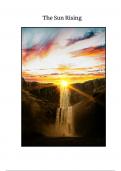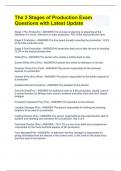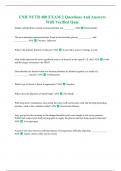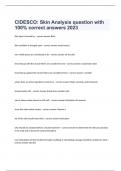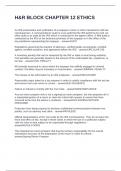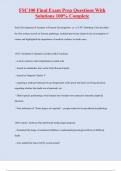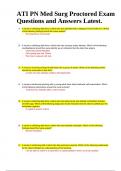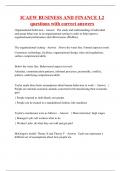Summary
Summary The Sun Rising in-depth notes - IEB English Home Language Poem
- Course
- Institution
One of the selected poems for IEB English Home Language. 'The Sun Rising' by John Donne. Explores the themes and poetic devices of the poem.
[Show more]
